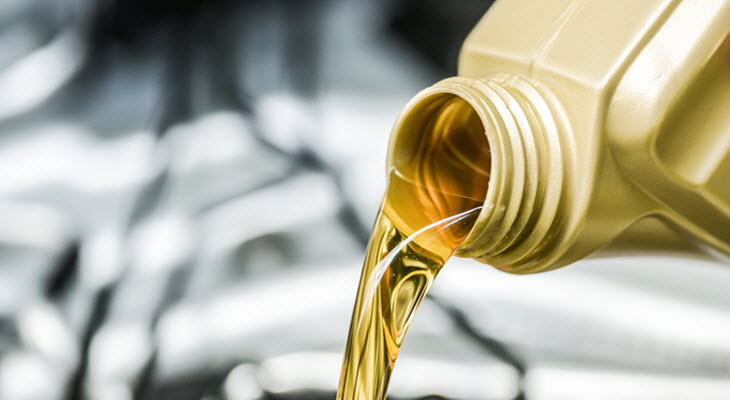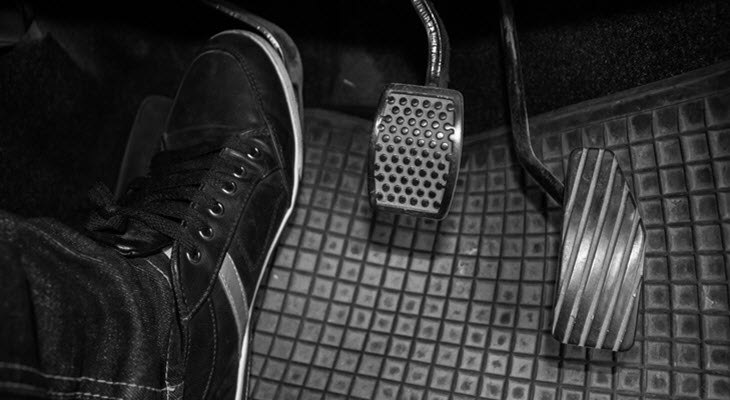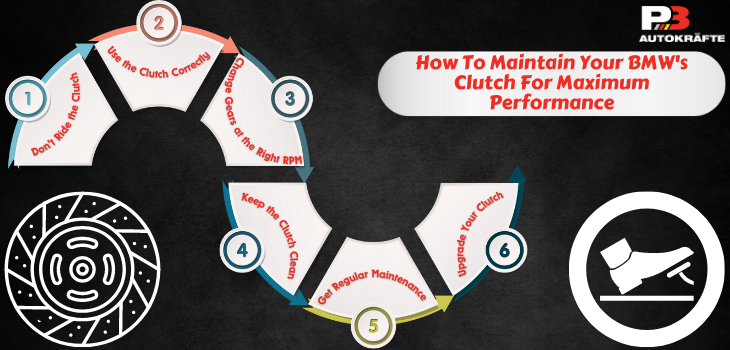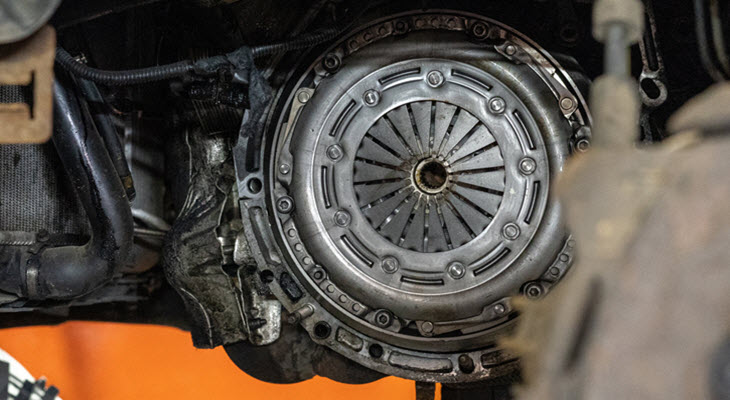One of the essential maintenance tasks that every Mercedes owner needs to perform is regular oil changes. Choosing the right type of engine oil is crucial to keep the engine running smoothly and prolong its lifespan. In this article, we will explore the different types of engine oil available for your Mercedes and which one is the best for your car.
Manufacturer Recommendation
The first thing you need to know is that Mercedes recommends using synthetic engine oil in their vehicles. Synthetic oil is a type of oil that is artificially made by blending high-quality base oils with advanced chemical additives. Synthetic oil offers superior performance, protection, and fuel efficiency compared to conventional mineral-based oils.
Mercedes also recommends that you use only engine oils that meet the standards of MB 229.5 or MB 229.51. These standards ensure that the oil meets the specific requirements of Mercedes engines and provides optimum performance and protection.
Full Synthetic Oil
Full synthetic engine oil is the most advanced type of engine oil available in the market today. It offers superior performance, protection, and fuel efficiency compared to conventional mineral-based oils. Full synthetic oil is made by blending high-quality base oils with advanced chemical additives that provide better lubrication, reduced wear and tear, and improved engine performance.
Full synthetic oil also resists breakdown and oxidation at high temperatures, making it ideal for high-performance engines. Mercedes recommends using full synthetic oil in their vehicles as it provides optimum protection and performance.
Synthetic Blend Oil
Synthetic blend engine oil is a mixture of synthetic and conventional mineral-based oils. It offers better protection and performance compared to conventional oils but not as good as full synthetic oil.
Synthetic blend oil is suitable for vehicles that require extra protection and performance but cannot handle the cost of full synthetic oil. Mercedes also recommends using synthetic blend oil in their vehicles as it provides better protection than conventional oil but at a more affordable cost.
Conventional Mineral-Based Oil
Conventional mineral-based engine oil is the most basic type of engine oil available in the market today. It is made by refining crude oil and adding chemical additives to improve its performance. Conventional oil is suitable for older vehicles or those that do not require high-performance oils. However, conventional oil does not offer the same level of protection, performance, and fuel efficiency as synthetic oils. Mercedes does not recommend using conventional mineral-based engine oil in their vehicles as it may not provide adequate protection and performance.
Which oil is best for you?
Now that you know the different types of engine oils available for your Mercedes, let’s look at which one is the best for your car. As mentioned earlier, Mercedes recommends using synthetic engine oil that meets the standards of MB 229.5 or MB 229.51. Here are some factors to consider when choosing the best engine oil for your Mercedes:
Engine Type
The type of engine in your Mercedes plays a significant role in determining the type of engine oil you should use. For instance, if your Mercedes has a high-performance engine, you should use full synthetic oil to ensure optimum protection and performance. However, if your car has an older engine or a low-performance engine, you can use synthetic blend oil or conventional oil.
Climate
The climate in which you drive your Mercedes also plays a crucial role in determining the type of engine oil you should use. If you live in an area with extreme temperatures, you should use a synthetic oil that resists breakdown and oxidation at high temperatures. On the other hand, if you live in an area with moderate temperatures, you can use synthetic blend oil or conventional oil.
Driving Conditions
The driving conditions also play a significant role in determining the type of engine oil you should use. If you drive your Mercedes in harsh conditions, such as heavy traffic, frequent stop-and-go driving, or dusty roads, you should use synthetic oil that offers better protection against wear and tear. Synthetic oil also resists sludge buildup, which can affect engine performance and fuel efficiency.
Manufacturer Recommendations
Mercedes-Benz is known for its strict maintenance requirements, and the company provides detailed recommendations on the type of engine oil you should use in your car. Following the manufacturer’s recommendations ensures that you use the right type of oil that meets the specific requirements of your engine.
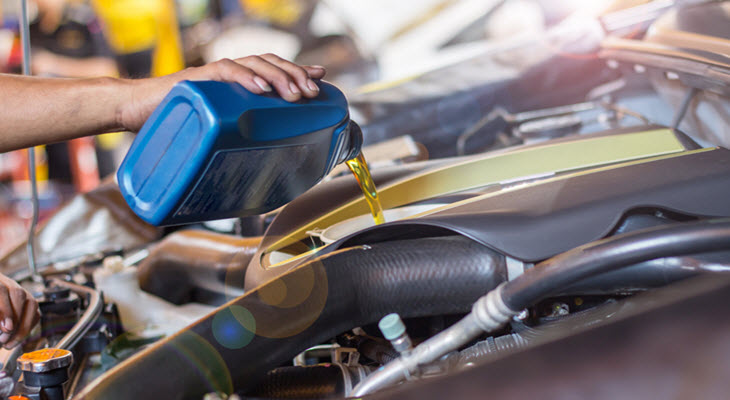
Bring Your Mercedes to P3 Autokrafte
At P3 Autokrafte, we understand that your car is an important part of your life. That’s why we do everything in our power to keep your vehicle running flawlessly and provide you with the best experience when leaving our garage. We offer top-quality services and a 3-year, 36,000-mile warranty that leaves nothing to chance. Whether you live in Centerville, Springboro, Bellbrook, Lebanon, or Mason – rest assured knowing that our team of highly trained specialists will make sure every issue gets resolved with finesse and care. Give us a call or come by today and let us show you how we can help keep your car in perfect condition!
 7979 S Suburban Rd, Centerville, OH 45458
7979 S Suburban Rd, Centerville, OH 45458
